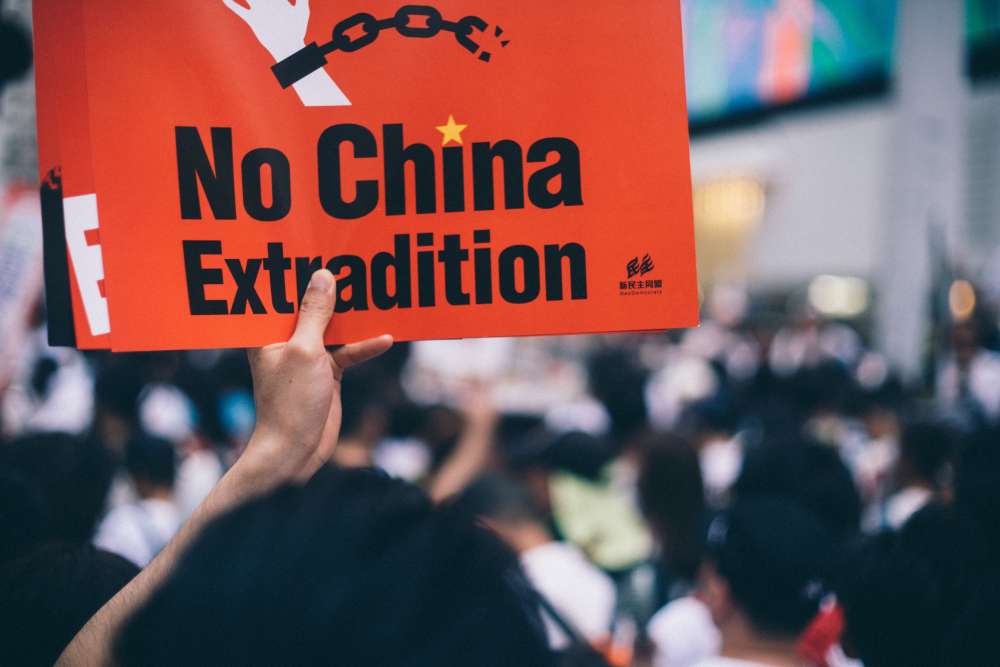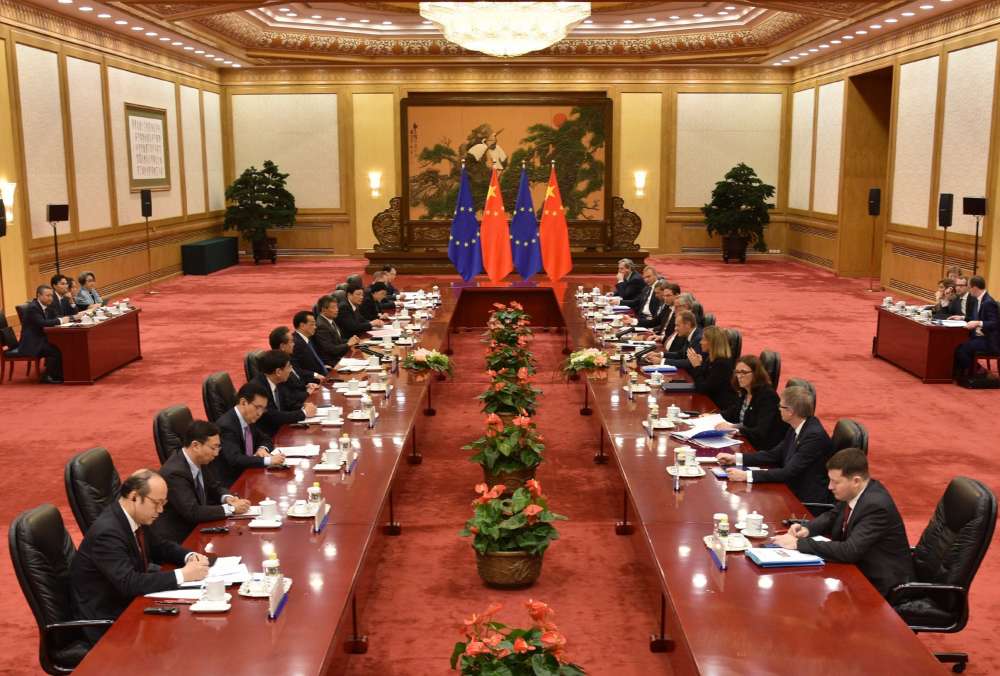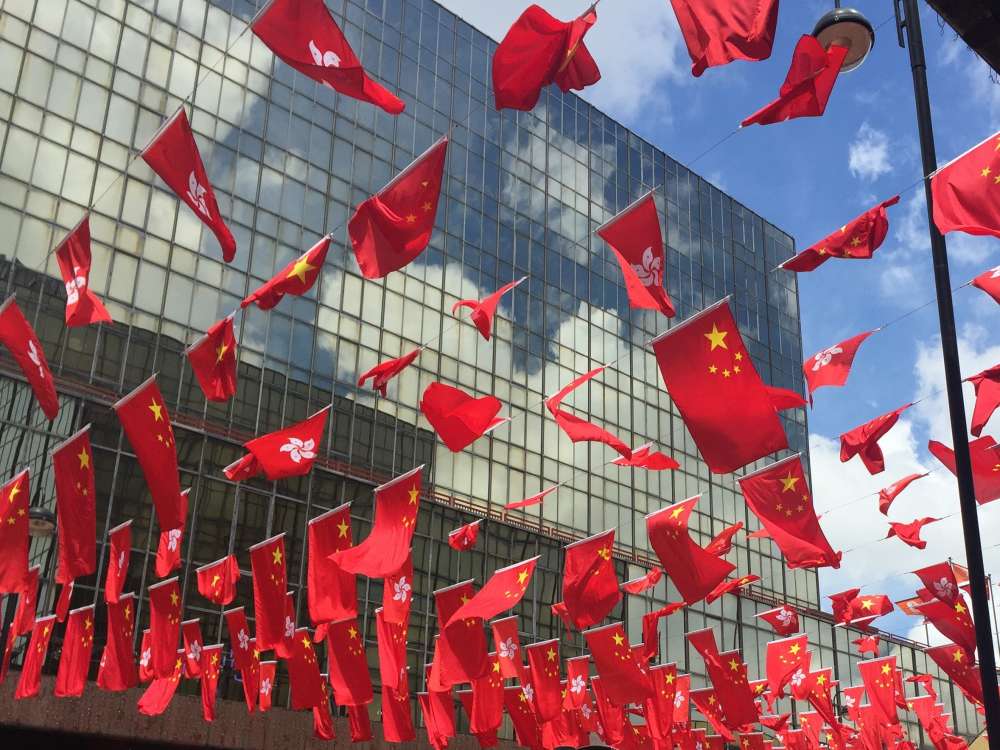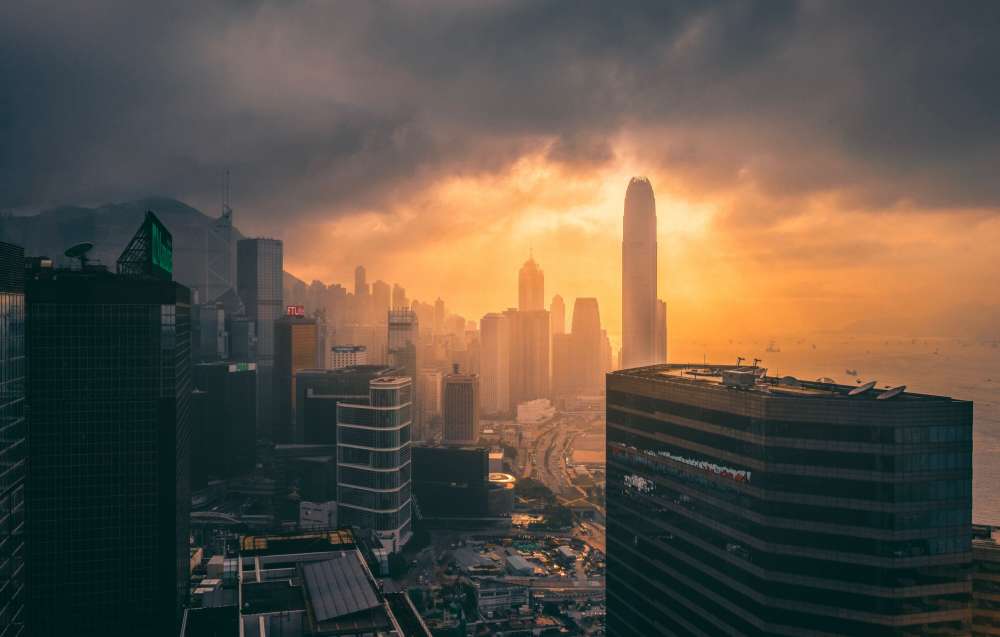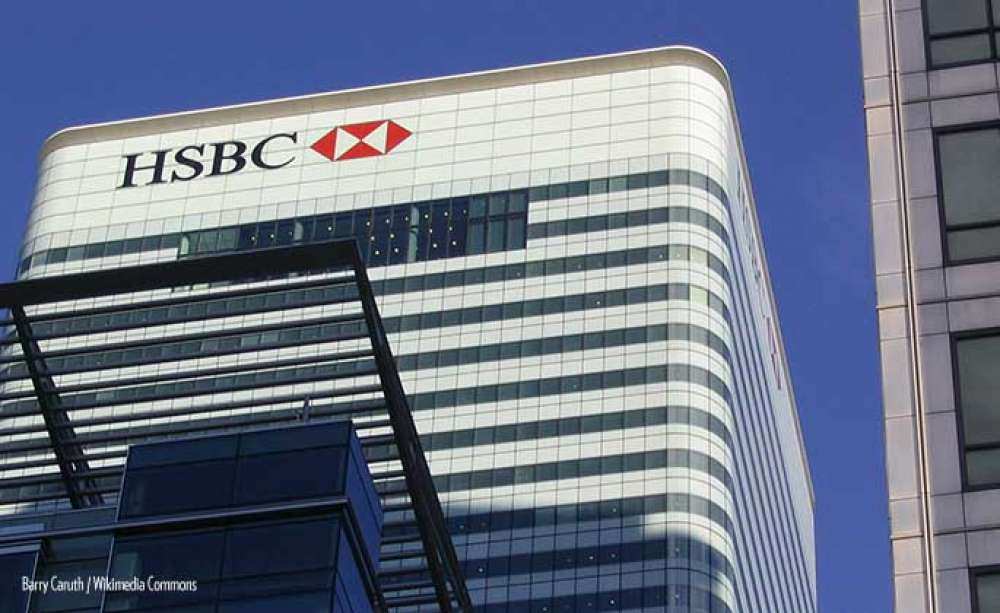Why China’s Wealthy Elites Have So Much at Stake in Hong Kong
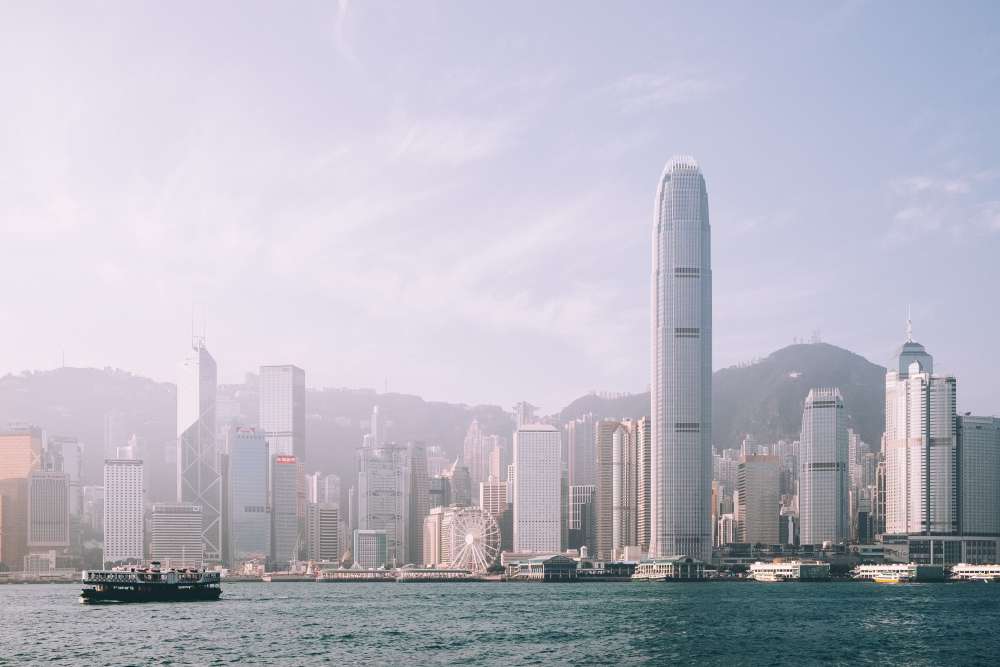
Another round of resistance was recorded over the weekend between protesters in Hong Kong and the Chinese government. Organizers of Sunday’s pro-democracy rally estimated that 1.7 million Hong Kongers poured into city streets. Much of the news commentary depicts a David vs. Goliath standoff in which Hong Kong can only lose.
Yet this view overlooks an important aspect of the power relationship between Hong Kong and China: private money. Rich Chinese mainlanders — many of whom are intimately connected to the ruling Communist Party — stand to lose a lot of money if Hong Kong descends into chaos. My research on offshore finance and state power helps explain why.
Hong Kong plays a crucial role for private wealth
Hong Kong has long been a top global finance center — though China has been advancing the development of Shanghai to challenge that role. Eswar Prasad, a China expert and economics professor at Cornell University, concludes that the rapid expansion of China’s economy and markets means Beijing no longer needs Hong Kong. The Hong Kong protests, it follows, will not bring the giant to its knees.
However, Hong Kong still plays an essential role in protecting the wealth of private individuals. They may plausibly fear that Beijing will confiscate any of their wealth held on the mainland if they lose political favor. After all, the state controls the Chinese legal system. Hong Kong, in contrast, has an independent judiciary, providing a greater degree of safety for Chinese private wealth.
So how much wealth is hidden in Hong Kong?
Ordinary people think about money as cash in their pockets, or bank deposits. The wealthy — in Hong Kong or elsewhere — are more likely to have their money tied up in equity, bonds or other assets held in financial institutions around the world.
With its favorable tax laws, lax regulations and opaque financial services, Hong Kong attracts a lot of this wealth. According to the Financial Secrecy Index, Hong Kong is among the world’s most secretive jurisdictions. Consequently, it is difficult to know precisely how much private money is hoarded in Hong Kong. Yet, anecdotal evidence gives us an idea of how much is stashed there and who owns it.
The Hong Kong Securities and Futures Commission (SFC), a regulatory body, published a survey last year covering the semiautonomous territory’s asset and wealth management industry. The survey counts assets worth $3.1 trillion (all figures in US dollars) under the management of Hong Kong’s financial firms. Compare this amount with the $8.1 trillion of overall cross-border transactions reported by Hong Kong banks to the Bank for International Settlements (BIS) and you get an idea of just how vital the wealth management business is.
The survey also finds that $553 billion of the $3.1 trillion in assets are held in trusts. A trust is a legal construct that allows the owner of something, say shares in a company, to give away these shares to the benefit of another person without making her the new owner of the shares. That makes it difficult for outsiders to trace the wealth back to its true owner. These traits make trusts incredibly useful tools to fend off the nosy, the taxman or claims from creditors, and thereby to build up capital more quickly, as sociologist Brooke Harrington argues in her latest book.
Interestingly, the financial firms that responded to the SFC’s survey reported the location of the settlors — the person or entity that set up the trust. These results suggest that Hong Kong and Chinese sources account for $331 billion — nearly 60 percent of the $553 billion held in Hong Kong trusts.
For comparison, this means that rich people from Hong Kong and China hold about the equivalent of the archipelago’s annual GDP in trusts alone.
This doesn’t include other money that goes unreported because it’s dirty — for instance, the proceeds from corruption. The 2016 Panama Papers leak revealed that some of China’s politically and economically influential families owned offshore structures. Mossack Fonseca, the law firm at the core of the scandal, set up more than 16,300 shell companies for these individuals in Hong Kong alone. Again, this suggests that China’s elite is heavily invested in Hong Kong — and in its future.
Chinese elites face a dilemma
But here’s the big problem: Hong Kong’s offshore setup works only under the “one country, two systems” approach. What makes Hong Kong uniquely useful for the Chinese elites is that it combines political control with separate legal and monetary systems. Rich Chinese can open trusts on the mainland, too, but the firms setting them up are mostly state-owned or government-controlled, which means the money is not in a true haven.
Hong Kong, in contrast, retained an independent judiciary based on British common-law tradition. International lawyers I interviewed for my research pointed out that British commercial law is the most developed and predictable legal system for financial affairs. In addition, Hong Kong has a separate currency — the Hong Kong dollar, so that the mainland’s capital controls are not an issue, as they are in Shanghai.
Singapore, Hong Kong’s closest competitor as an Asian offshore financial center, isn’t integrated into the Chinese economic system. For wealthy Chinese, Hong Kong has a unique setup that cannot be easily replaced by moving assets elsewhere.
As an organized entity, the Chinese party state might no longer need Hong Kong to spur China’s economic development. This shift may allow Beijing to respond harshly to the Hong Kong protests. However, China’s rich and powerful elites, who make up the party state, have more complicated interests. A violent crackdown on Hong Kong and the ensuing collapse of the delicate balance between independence and control would damage their own prosperity.
…
This commentary was originally published as ‘Why China’s wealthy elites have so much at stake in Hong Kong’ in The Monkey Cage at The Washington Post on August 21, 2019. Reprinted with permission.
Watch Andrea explain more about why, for China’s wealthy elite, the situation in Hong Kong is complicated:
